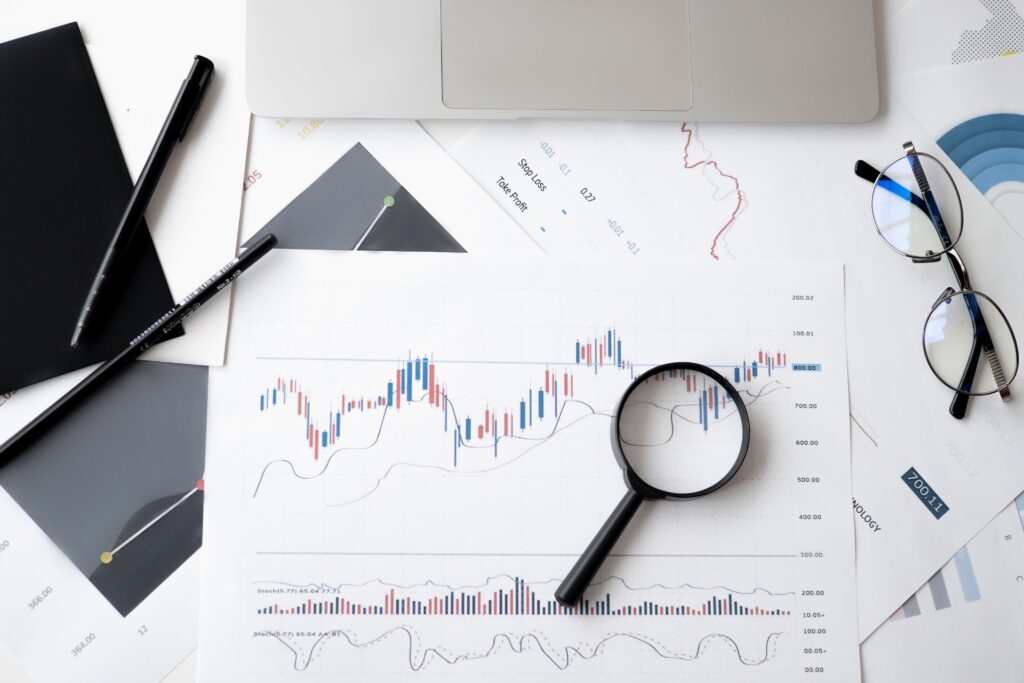
Embrace the Chaos
Welcome to the rollercoaster world of economic volatility! With market fluctuations as unpredictable as the weather, it’s easy to feel overwhelmed. But did you know that periods of economic uncertainty can be the golden ticket to building wealth? The secret sauce lies in being prepared and financially educated. So buckle up and let’s dive into this thrilling journey of capitalizing on economic volatility and becoming wealthy.
Assets vs. Liabilities: Know the Difference
What’s the difference between assets and liabilities? Simply put, assets put money into your pocket, while liabilities take it out. The key to wealth creation is accumulating assets and minimizing liabilities. Let’s take a closer look:
Assets: Your Wealth-Building Buddies
- Stocks
- Real Estate
- Cryptocurrency
- Small Businesses
Liabilities: The Fun-Suckers of Your Finances
- Luxury Items
- Vacations
- High-interest Debt
Opportunities during Economic Volatility: Fortune Favors the Bold
Why do more millionaires emerge during recessions and market crashes? The answer is simple: economic volatility can create opportunities to buy assets at discounted prices. It’s like Black Friday for investors! Here are some ways to capitalize on economic volatility:
- Investing in undervalued stocks
- Purchasing ETFs on sale
- Snatching up real estate at bargain prices
- Seizing the moment to invest in startups
Financial Education and Preparedness: Knowledge is Power
The more you know, the more dough you’ll grow! Financial education is crucial for identifying and investing in good assets. Here’s how to level up your financial game:
- Research and evaluate potential investments: Analyze revenue and profit growth to separate the wheat from the chaff.
- Have cash and resources on hand: You can’t seize opportunities if you’re broke!
- Strategize for success: Earn more, spend less on liabilities, and create a margin for investing. Remember, fortune favors the prepared!
Overcoming Anxiety and Thinking Differently: Mind Over Market
Is the mere thought of economic volatility giving you heart palpitations? Fear not! It’s time to shift your mindset from fearing economic turbulence to seeing it as an opportunity. Here’s how:
- Buy stocks and ETFs at a discount during market dips
- Invest in real estate when prices are low
- Keep an eye on external factors (e.g., Federal Reserve actions) that can affect asset prices
The Bottom Line: Seize the Day and Prosper During Economic Volatility
In summary, capitalizing on economic volatility can be your ticket to wealth creation. Remember the importance of being financially educated and prepared, and don’t be afraid to think differently about market fluctuations. After all, who wouldn’t want to ride the wave of uncertainty straight to the shores of prosperity?
Additional Resources
Here are some relevant resources to help you expand your knowledge and further capitalize on economic volatility:
- The Intelligent Investor by Benjamin Graham: This classic investing book teaches you the fundamentals of value investing and helps you develop long-term strategies to build wealth.
- Rich Dad Poor Dad by Robert Kiyosaki: Learn the essential principles of personal finance, including the importance of financial education and the difference between assets and liabilities.
- Investopedia: This comprehensive online resource offers a wealth of financial knowledge, including articles, tutorials, and guides on various investment topics.
- BiggerPockets: A real estate investing community and information hub that offers articles, podcasts, and forums to help you learn about and succeed in the world of real estate investing.
- Seeking Alpha: A platform that provides stock market insights, analysis, and opinions from various experts to help you make informed investment decisions.
- Yahoo Finance: A popular financial news and analysis website that offers stock market data, tools, and resources to track your investments and stay updated on market trends.
- Federal Reserve Economic Data (FRED): Access a wealth of economic data, including indicators, exchange rates, and interest rates, to keep an eye on external factors that could impact your investments.